Automated and Retroactive Philanthropic Matching
Automatically find and match financial assistance to patient bills. Reduce administrative burdens, enhance patient care and recover more bad debt.
Qualify Health offers risk-free adoption with no-code integration and no fees with our unique pay-for-performance model. We get paid when you do.
Qualify Health offers risk-free adoption with no-code integration and no fees with our unique pay-for-performance model. We get paid when you do.

Drop in Bad Debt
70 %
Funding Matched
$ 10 M
Patients Helped
4000 +
Augment your team’s financial assistance matching with zero admin overhead

HaysMed
$1.25 Million* Impact
“…breath of fresh air, the implementation lift was minimal and seamless and exactly as they outlined it for us.”

Mississippi Regional Hospital
$3 Million Impact
“…exceeded expectations. We were hoping they would at least double the assistance…they have far exceeded that.”

Baptist Health Jacksonville
$2.25 Million Impact
“Qualify Health has created a win-win-win company, and there aren’t many of them out there in any industry.”
Learn more about our product, automate philanthropic matching, recover revenue fast.
Recover Revenue, Reduce Bad Debt, Enhance Patient Experience
R
e
c
o
v
e
r
R
e
v
e
n
u
e
,
R
e
d
u
c
e
B
a
d
D
e
b
t
,
E
n
h
a
n
c
e
P
a
t
i
e
n
t
E
x
p
e
r
i
e
n
c
e
Use a software solution that automates financial assistance matching to patient needs. Patients get the treatment they need and your team can focus on patient care.
Automated Matching
Reduce administrative burden and manual processes for your team while offering patients the financial support they need.
Retroactive Matches
Identify eligibility for financial support with past patient cases. Your patients get financial relief and you reduce bad debt.
No-code Integration
Get immediate workflow efficiencies without burdening your IT team.
Compliance and Security
Ensure your patient data is secure and kept confidential.
No Upfront Fees
Enhance revenue cycles with fees based only on payments we secure. There is zero implementation fee.
Qualify Health gets results for hospitals, cancer care centers and patients
{"cpt":"client","style":"1","columns":"5","show":10,"from_category":["qualify-health-color"],"order":"DESC","orderby":"DESC"}
Baptist Health
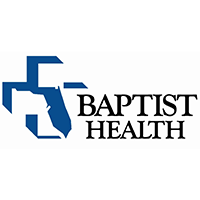
Thibodaux
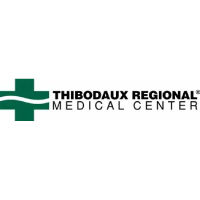
Ellis Medicine
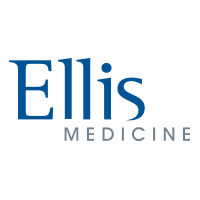
Forrest Health
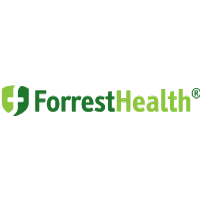
HaysMed
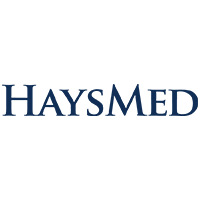
Grady Health

Monument Health

SMRM

Terrabonne

Woman’s Health

* Annualized projection
